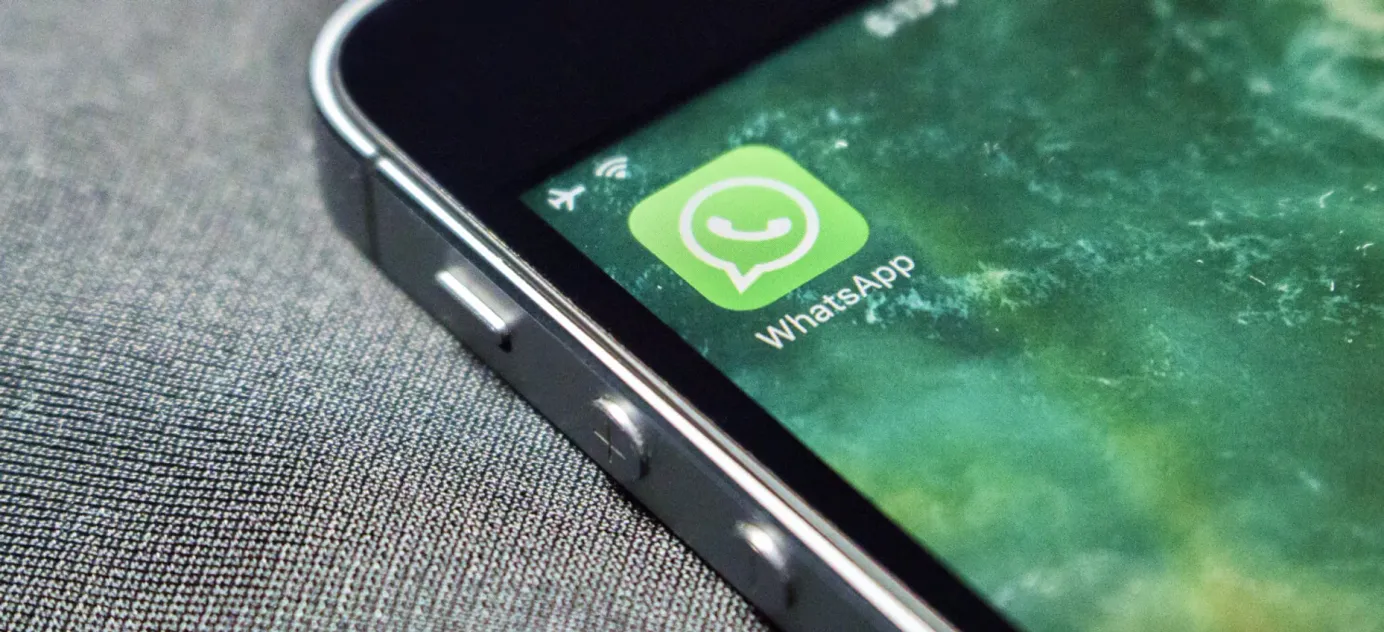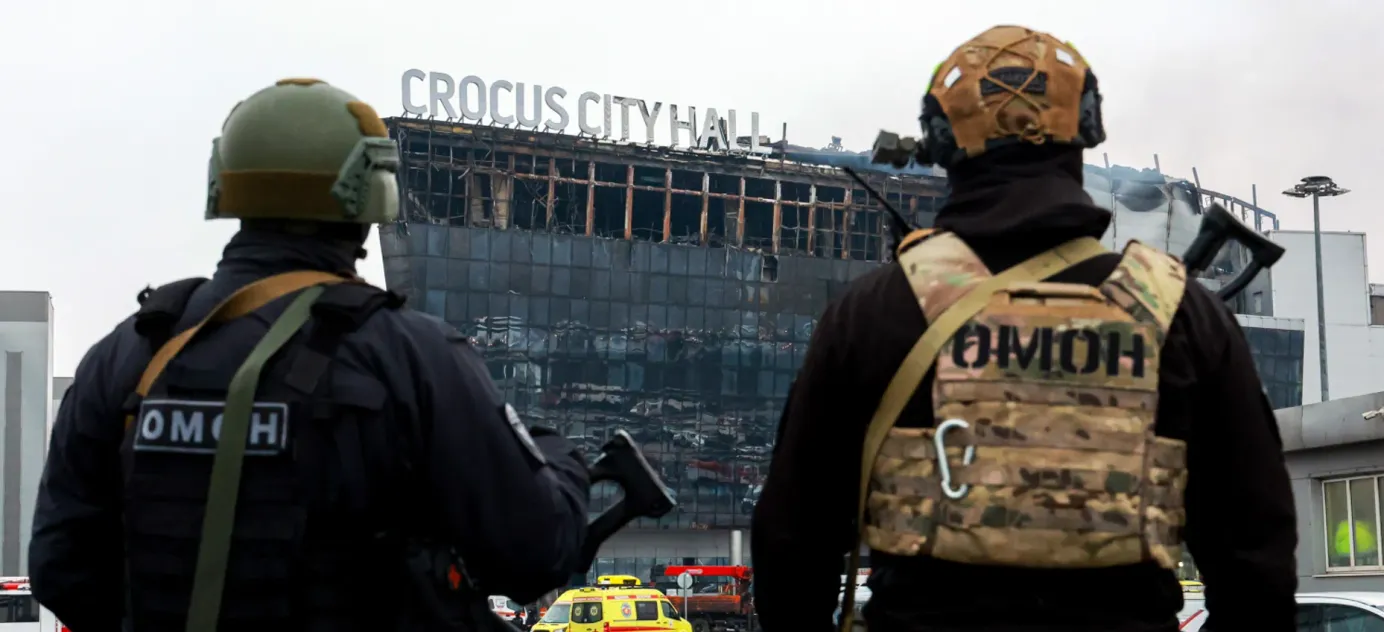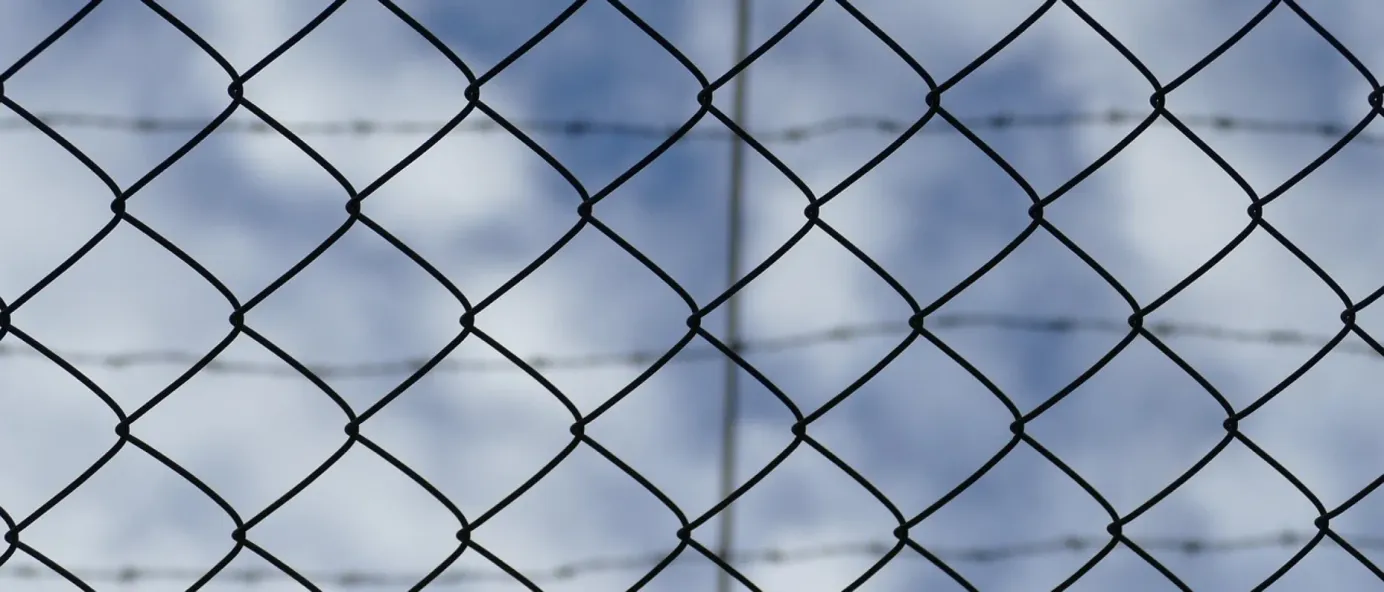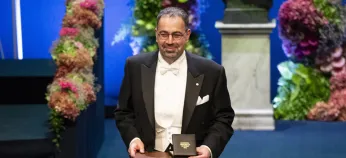
Russia’s authorities are talking about blocking WhatsApp. What would this mean in reality?
For the first time in 18 months of war, Russian authorities alarmedWhatsApp users with talk of blocking the popular messaging app. Along with YouTube, it is one of two international services that the Kremlin has long wished to switch off, but fears a public backlash too much to follow through. WhatsApp is still the most popular messenger in the country. What’s changed, and what will happen to WhatsApp next?
- On Thursday, Russian officials launched a veritable verbal crusade against WhatsApp. The trigger was the messenger’s launch of a channel creation function — a one-way broadcast tool that could transform WhatsApp into a genuine mass media source. This is a well-known technique in Russia — it’s exactly how Telegram, the country’s second-most popular messenger, operates. For its Russian users, Telegram has long replaced traditional media as a favored news source. All of the recent Russian media wars have played out there.
- This unsurprisingly concerns the Kremlin. They fear that WhatsApp owner Meta, which Moscow regards as a weapon of American hybrid warfare, is starting to turn Russia’s most popular messenger into a propaganda tool. The following day, at least two dozen officials, led by State Duma deputy Anton Gorelkin, started to talk about blocking WhatsApp. Gorelkin is the man who directly expresses the Kremlin’s position on internet bans.
- Meta’s other key services — Facebook and Instagram — were blocked in Russia in spring 2022 in retaliation for the Western blocking of Russian state media. But WhatsApp remained untouched. The official explanation said WhatsApp is “a service for communication, not for spreading information.” In reality, the Kremlin did not want to risk upsetting WhatsApp’s large user base in Russia. The app is most popular among a middle-aged, apolitical audience that also forms the core of Putin’s support base.
- Eighteen months after the invasion of Ukraine, WhatsApp remains Russia’s most popular messaging app. But Telegram is catching up fast. Since 2022, the WhatsApp user base is up 10%, to 76 million active users per day. Telegram grew twice as quickly, from 25.5 million to 48.8 million users. Some experts predicted that Telegram could become the market leader by the end of 2023.
- Telegram founder Pavel Durov lives in Dubai and always declares that he will protect users from any government interference, be it from the White House or the Kremlin. In 2018, Russia unsuccessfully tried to block Telegram. However, unlike Mark Zuckerberg, the authorities feel they can at least understand Durov. In 2020, Telegram’s boss spoke in the same session as Prime Minister Mikhail Mishustin at a Russian IT conference. During the last pre-war elections in 2021, Telegram blocked a “Smart Voting” bot that coordinated the campaign tactics of Alexei Navalny’s supporters.
- Most likely, the authorities are not yet ready to block WhatsApp in Russia. They are waiting for Telegram to match its size and significance among the Kremlin’s target audience. For now, the Kremlin continues with targeted bans: officials have long been prevented from using WhatsApp and this week brought talk of banning doctors in state medical institutions from messaging via WhatsApp.
Why the world should care
Although Russia’s authorities always act cautiously, they do act. WhatsApp won’t be blocked tomorrow. But it will be blocked. When this happens, Russians will have lost yet another way to communicate reliably with the wider world. This spring, Russia’s independent media (including The Bell) urged the world’s leading tech companies to think of creating something that could prevent this from happening. Now is a good time to revisit that idea with greater urgency.





